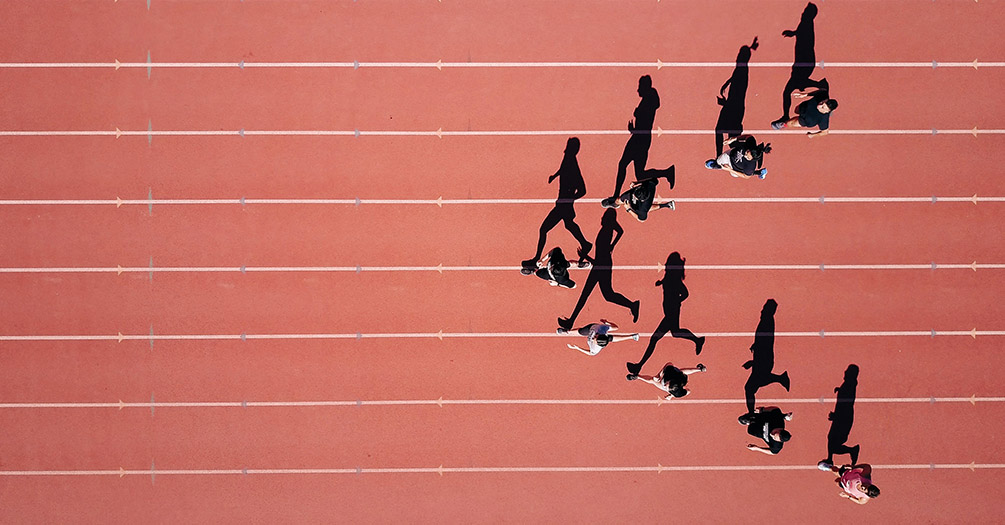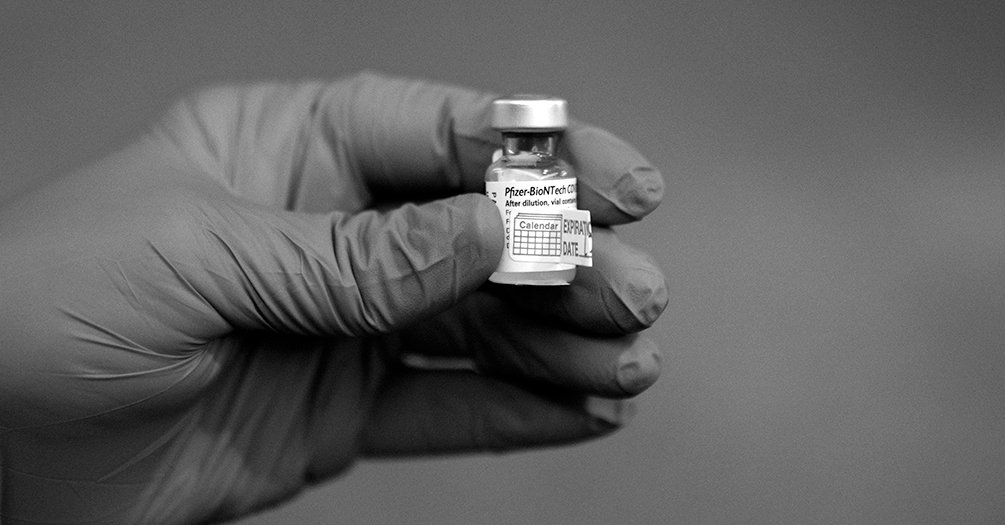Disordered Eating in Female Athletes Fueled by Body Image Ideals, Coach-Athlete Power Dynamic

New Research from Traci Carson, PhD '21
 Findings from a series of interviews by University of Michigan researchers show that
body-image ideals and the power dynamic between coaches and female athletes may contribute
to an athlete’s risk of disordered eating and body image disturbance. The research, which included a sample of 29 current and former NCAA Division I female distance
runners, highlights the importance of prevention and intervention programs to migitage
eating and body image disorders among this population of athletes.
Findings from a series of interviews by University of Michigan researchers show that
body-image ideals and the power dynamic between coaches and female athletes may contribute
to an athlete’s risk of disordered eating and body image disturbance. The research, which included a sample of 29 current and former NCAA Division I female distance
runners, highlights the importance of prevention and intervention programs to migitage
eating and body image disorders among this population of athletes.
We spoke to recent graduate Traci Carson, who conducted the research while a PhD student in the Department of Epidemiology, to learn more about the findings.
What led you to become interested in this topic?
I first became interested in this topic due to the personal struggles with disordered eating and body image that I and so many of my friends and teammates faced during college. It was not until I received my Master of Public Health degree that I began to understand how this gap in knowledge and resources regarding the mental and physical health of female athletes was a significant—and preventable—public health issue.
After interviewing the athletes, were there any significant themes that came out of the responses?
The two major themes emerged:
- Body ideals and body image norms and myths that exist in the sport. This theme speaks to the culture that supports the pursuit of thinness and encourages restrictive eating and excessive exercise training, with the intent to achieve an idealized body type.
- The power dynamic between athletes and coaches. This theme captures the psychological impact of coaches on their athletes. It is not clear whether sport body ideals and the culture of running influences coaching culture, or whether the coaches—who maintain positions of power in the sport—perpetuate the culture; themes likely feed into each other and reinforce the existing and dominant mentalities of the sport.
Based on your research, what makes female distance runners a high-risk population for disordered eating and body image disturbance?
It has been established that athletes in endurance sports and sports that emphasize leanness (such as gymnastics and dance) have an increased risk for disordered eating and body image issues. The prevalence of disordered eating among female runners is twice as high as non-athlete peers. Our study found that increased risk may be due to myths around diet and body that have persisted through generations of runners, such as “the lighter you are, the faster you are” and the idea that a specific “runner body” type is necessary for success in the sport. Further, the way that coaches communicate with athletes on the topic of diet and body image can significantly influence an athlete's physical and mental wellbeing.
What types of prevention and intervention strategies could be implemented to help?
First, we need to better understand the existing types of resources and prevention/intervention programs present at institutions. From here, we can address the gaps in resources and ensure that all athletes are provided equitable access to services and prevention and intervention programs for disordered eating and body image disturbance. Pre-season physical exams, which are mandatory for all student athletes, could be an important time to screen for disordered eating and the physical health effects that often come with it, including menstrual disturbance.
If you had to tell someone one thing about your findings, what would that be?
Disordered eating and body image disturbance are not simply individual-level “issues.” As we talk about in the article, factors within the social environment can have a powerful influence on disordered eating and body image disturbance—and that is why these topics are important, yet understudied, public health issues.
It has been important and exciting to see so many female athletes come out on social media and op-eds in the past year and share their experiences with issues surrounding sport culture and mental health struggles, including Mary Cain, Lauren Fleshman, and Alexi Pappas. This remains a new area of research, yet the recent rise in public engagement on these issues calls for more attention toward addressing negative aspects of sport culture that impact athlete health—improving the sport experience for future generations.
Read More Stories from the Spring 2021 Issue of Findings



